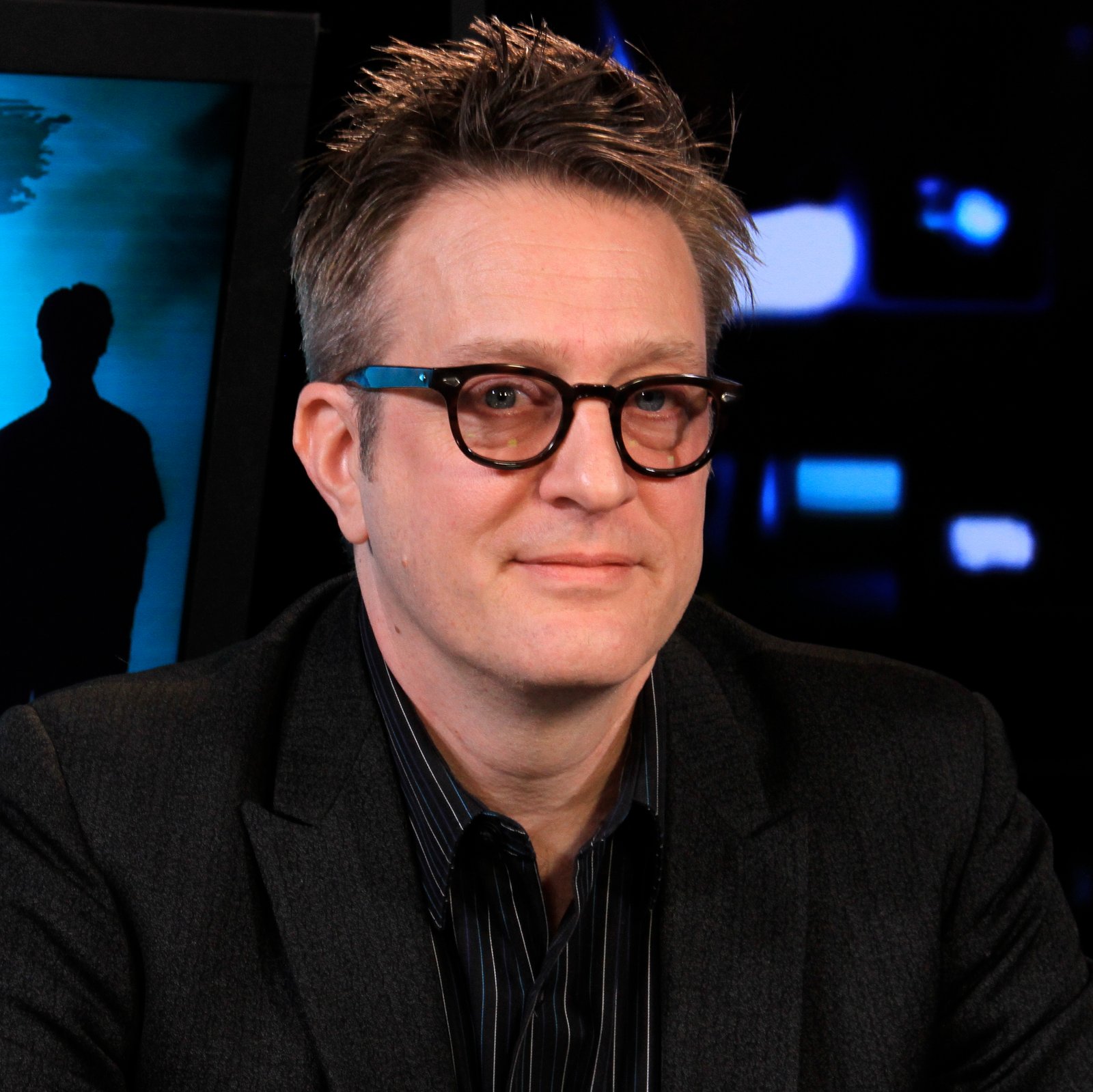The Lip News
Episode 29
Exploring New Stem Cell Treatments for MS, Arthritis, Autism and More
The founder and chairman of MediStem Panama, Dr. Neil Riordan, outlines the work of his unique institute, which is at the forefront of research on adult stem cells that are used to treat a variety of chronic diseases, including multiple sclerosis, rheumatoid arthritis and autism.
Riordan says that while the initial focus in the field of stem cell research was on embryonic stem cells - which can become any tissue in the body – research has also moved on to other areas. “What we found is that there are other stem cells. There are adult stem cells, and then there are postnatal stem cells – stem cells that can be taken after a baby’s born.”
These types of cells don’t have the capacity to become any tissue in the body, but they can become three different tissues at a minimum. “Their main benefit is their ability to modulate the immune system, to inhibit information and to stimulate regeneration,” Riordan said. “And the great thing about these adult tissue stem cells is that they are very scalable – from one umbilical cord you can treat over 1,000 people.”
Of the two types of adult stem cells – tissue based and bone marrow based - his company typically works with the tissue-based stem cells from the umbilical cords, from full-term deliveries. He says they use the umbilical cords cells because they are the most robust tissue stem cell available.
“We’re studying spinal cord injury, we’re studying multiple sclerosis, we’re studying rheumatoid arthritis,” Riordan says of the company’s current focus. “We’re also studying heart failure, osteoarthritis and autism.”
He explains that while most people wouldn’t consider autism part of the same family of the other diseases he studies, the illness is an inflammatory condition. “In our first study of using umbilical cords, these tissue-based MSCs (mesenchymal stem cells) in autism, we were able to lower those inflammatory molecules by greater than 90 percent in some of the patients.”
Riordan also addresses the successful treatment of Sam Harrell, a high school football coach diagnosed with MS who was told by doctors that he would likely be confined to a wheelchair within a matter of months.
While MS is am autoimmune disease, it is also secondarily a disease of the central nervous system. “Our goal (in MS patients) is to stop the immune attack. (Harrell) came down three times for treatment, and the third time was the charm. He got benefits both the first and second time but on the third time, broke immune tolerance.
“Ultimately on that third treatment, we were able to get to a point where that army of cells attacking his central nervous system was defeated and he no long has any symptoms of MS.”
As far as the treatment itself, Riordan said that in the case of MS, it is quite simply, involving five separate IV infusions of millions of cells in a process that typically takes about five minutes.
Concerning the skepticism by some doctors to his treatment methods, Riordan said he thinks most of the critics will be silenced by the results of clinical trials currently being conducted. “Typically, once a doctor comes down and sees our facility, and sees our clean rooms, sees our ISO-certified laboratory, they’re typically converted at that point.”
He also explains that because there are patent issues with the types of umbilical cord and tissue-based cells he uses in treatments, it is more difficult to attract biotechnology investment.
“It takes $800 million to $1 billion to get a new drug through the FDA, and if you don’t have a good, strong patent position, biotech and pharma companies aren’t particularly interested in going down that road and investing in something that will not get a return on the investment.”
Watch the full interview for more on Riordan’s stem cell research, including a firsthand account from a man paralyzed after a spinal cord injury who made a dramatic recovery after getting stem cell treatment.



Comments